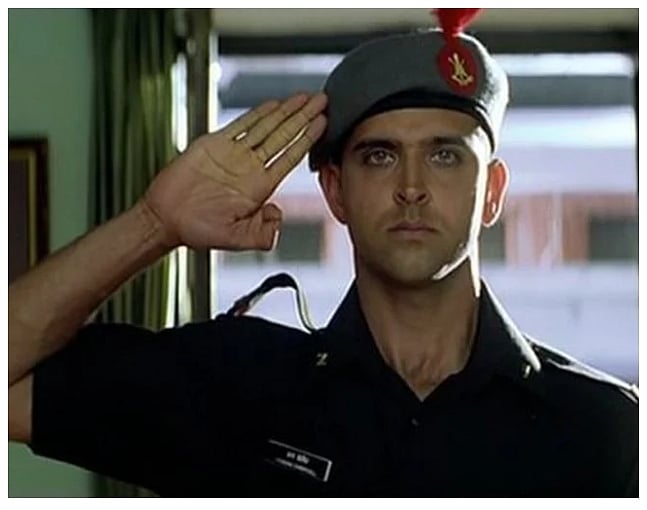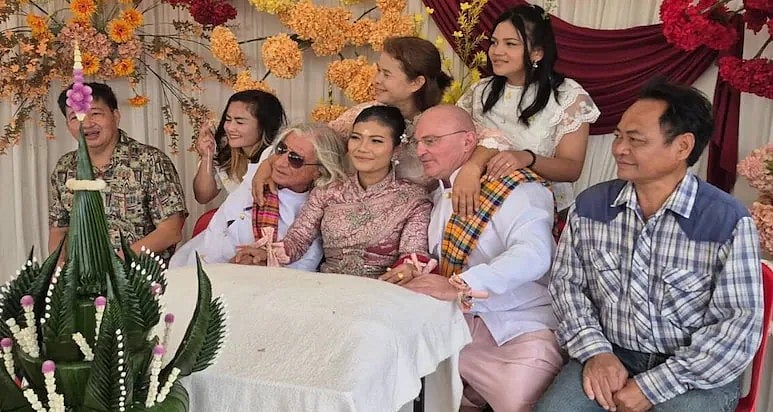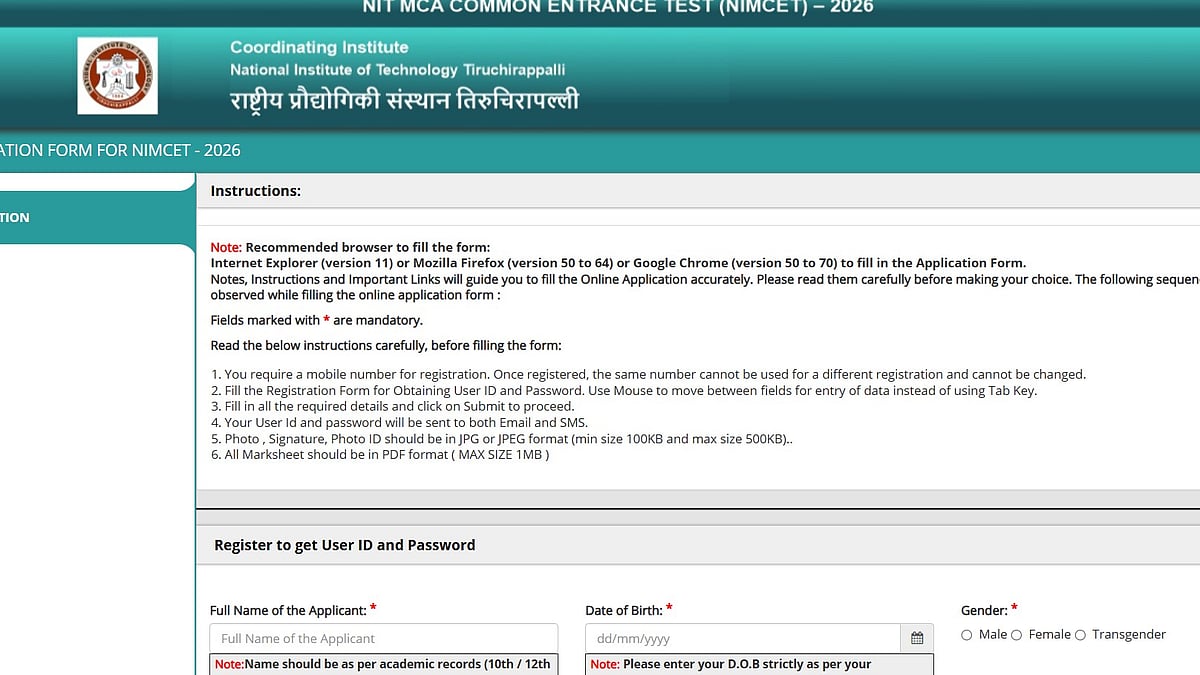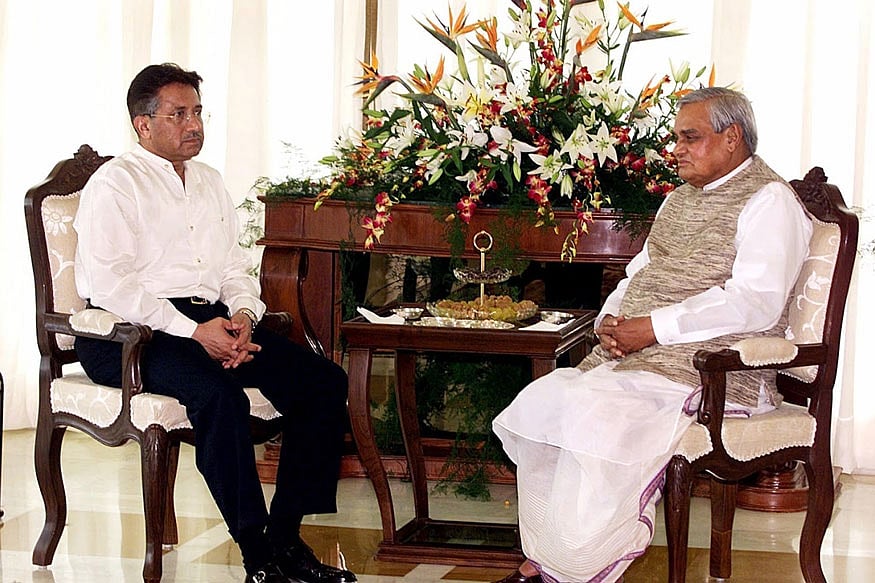Kargil War - an armed conflict between India and Pakistan that took place for nearly three months from May to July 1999 and the consequent victory is celebrated on July 26 each year.
Coined as Operation Vijay, Indian Army troops cleared the Kargil sector infiltrated by Pakistani soldiers. Indian soldiers defeated the Pakistani infiltrators and hoisted the Indian flag at Kargil. In this war, 527 Indian soldiers were martyred and more than 1,300 were injured.
As VP Malik who was the Army Chief during Kargil War pens in an Indian Express article back in 2002, "Operation Vijay was a perfect blend of strong and determined political, military and diplomatic actions which enabled us to transform an adverse situation into a military and diplomatic victory."
Malik says it was certain that the decision to launch Operation Badr , Pakistan's codename for its operation, across 160 km of the LoC in Kargil sector was taken soon after Gen Pervez Musharraf took over as Army chief in October 1998.
Pakistani soldiers infiltrated the area through gaps in the garb of militants. And by the third week of May 1999, the war started lifting. Army's initial reports were way off the mark, said Malik.
However, the objective of the Cabinet Committee on Security was to get the area vacated without crossing the LoC. India was determined to get the intrusion vacated. Soon, the Chiefs of Staff began working out a military strategy for the same. But the Army knew it would take a lot of effort and time to execute the plan.
The first attack on Tololing had failed. But they did not give up despite heavy fire from the opposite side.
Malik says, while the period was challenging for him as an Army Chief, they tried to keep all channels of communication with Pakistan open. However, Pakistani Director General of Military Operations refused to accept that the intruders were Pakistani Army personnel or even that they had crossed the LoC.
In the meantime, pressure from Pakistan and other parts of the world started building up for a ceasefire and further talks on the same. The then Pakistan PM Nawaz Sharif even suggested that the Indian airstrikes should be stopped as a precondition for talks. However, the conditions were rejected by the Indian government following which Sharif offered to send his Foreign Minister Sartaj Aziz to New Delhi that we agreed to.
On June 7, 1999, the then PM Atal Bihari Vajpayee addressed the nation said that "if the stratagem now is that the intrusion should be used to alter the Line of Control through talks, the proposed talks will end before they have begun.'' He also asked the nation to have faith and confidence in the ability of the armed forces.
On June 12, 1999, Sartaj Aziz arrived in Delhi with his three-point formula - a ceasefire, a joint working group to review the LoC, and demarcate it on the ground and a reciprocal visit by Indian Foreign Minister the following week. All of this was turned down by the Indian side.

Jaswant Singh made it clear that India would not negotiate with its Pakistani counterpart unless the intruders vacate the Kargil sector.
On the same day, 56 Mountain Brigade attacked Tololing again with full preparations, and five days after the hand-to-hand fighting, the Indian Army was able to capture the area.
Malik calls this time as the turning point and post this, the Army captured four other areas. And one by one the Pakistani troops began falling.
The former Army Chief recalls the times of war and says, "The second turning point of the war came with the capture of Tiger Hill on July 4, 1999, the day Sharif went to see President Clinton in Washington. Clinton had requested our Prime Minister also to visit Washington but Vajpayee refused to meet Sharif or visit Washington DC ‘‘till the intrusion was vacated''.

With this, the Indian side knew that the end to this war was near. Nearly 75% of the intruded area had been retaken by the Indian Army. But, Pakistan did not vacate three heights on the Indian side which is close to the LoC. India then launched one of its final attacks clearing the intruders from these areas.
Malik says that "In launching Operation Badr, Pakistan had clearly blundered and had failed to take into account a hard military response by India or a pro-actively conducted Indian diplomacy of restrained approach."
Atal Bihari Vajpayee after the victory lauded the efforts of the Army and said, "No one will forget the bravery and sacrifices of our armed forces, who successfully vacated Pakistan's armed aggression and intrusion at Kargil."







